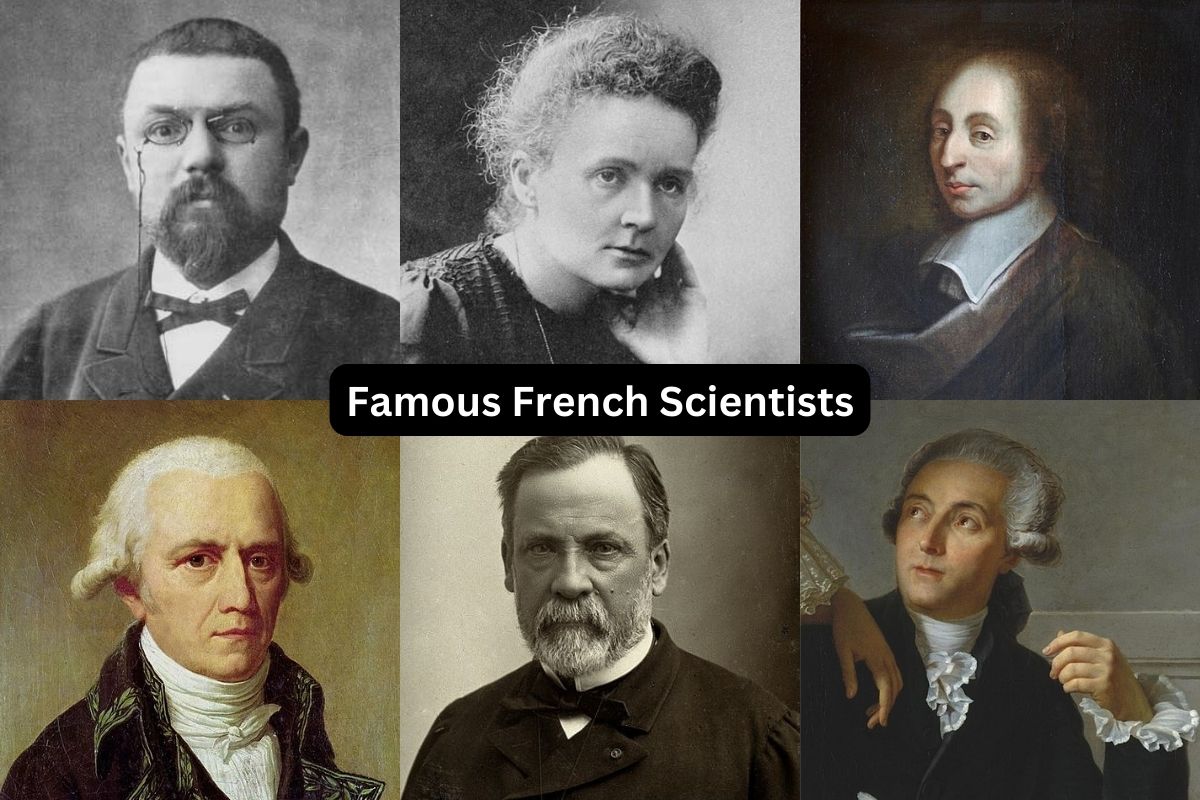In the annals of scientific history, France has played a prominent role, producing a remarkable array of brilliant minds who have made profound contributions to various fields of science and mathematics.
From groundbreaking discoveries in chemistry to pioneering work in physics and mathematics, the legacy of French scientists continues to influence our understanding of the natural world and shape the course of scientific progress.
In this article, we will delve into the lives and achievements of some of the most renowned French scientists, each of whom left an indelible mark on their respective disciplines, leaving a lasting legacy that continues to inspire and inform scientific inquiry to this day.
Famous French Scientists
1. Marie Curie (1867-1934)
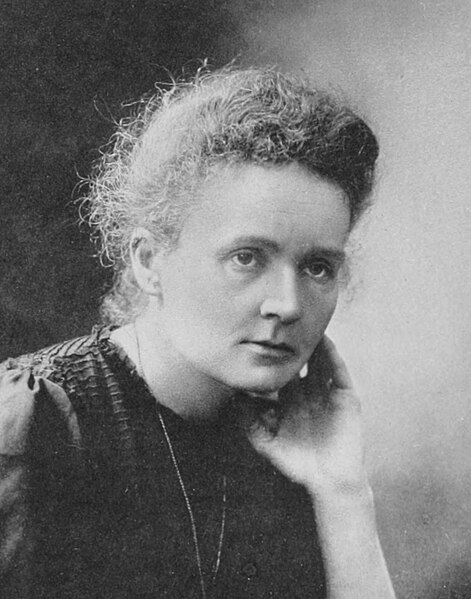
Marie Curie was a pioneering physicist and chemist who made significant contributions to the fields of radioactivity and nuclear physics.
In 1903, she became the first woman to win a Nobel Prize when she, along with her husband Pierre Curie and Henri Becquerel, was awarded the Nobel Prize in Physics for her work on radioactivity.
In 1911, she won a second Nobel Prize, this time in Chemistry, for her discovery of the radioactive elements polonium and radium.
Also Read: Famous Italian Scientists
Her groundbreaking research on radioactivity laid the foundation for the development of X-ray machines and radiation therapy, revolutionizing medical science.
Marie Curie’s work also had a profound impact on our understanding of atomic and nuclear physics, leading to advancements in nuclear energy and weaponry.
2. Louis Pasteur (1822-1895)
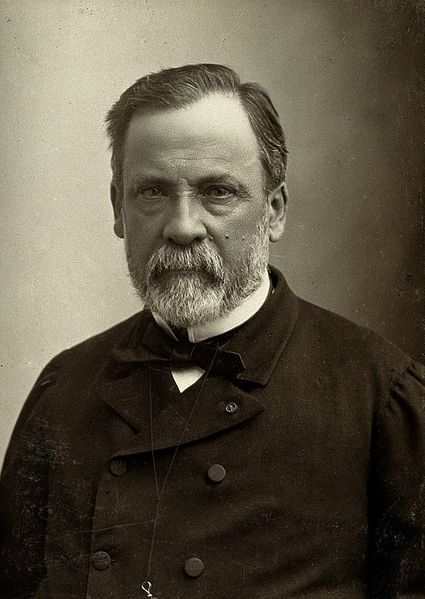
Louis Pasteur is often referred to as the “father of microbiology” for his pioneering work in understanding the role of microorganisms in fermentation and disease.
He developed the process of pasteurization, a method of heating liquids to kill harmful bacteria, which is still widely used today to make food and beverages safe for consumption.
Also Read: Most Famous British Scientists
Pasteur’s research on vaccination led to the development of vaccines for rabies and anthrax, saving countless lives and paving the way for modern immunology.
He also disproved the theory of spontaneous generation, demonstrating that living organisms do not arise spontaneously from non-living matter, but rather come from pre-existing life forms.
His work laid the foundation for the germ theory of disease, transforming medicine and public health practices.
3. Blaise Pascal (1623-1662)
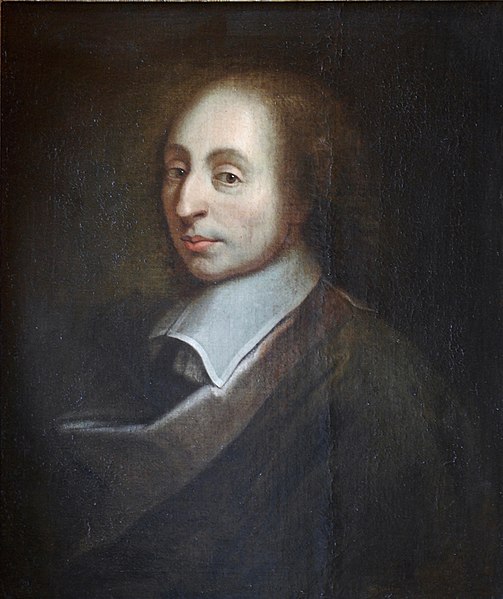
Blaise Pascal was a brilliant mathematician, physicist, and philosopher known for his contributions to a wide range of fields.
In mathematics, he developed Pascal’s triangle, a fundamental tool in combinatorics and probability theory.
He made significant advancements in geometry and projective geometry, contributing to the study of conic sections.
Pascal is renowned for inventing the Pascaline, one of the earliest mechanical calculators, which marked a significant step in the history of computing.
In physics, he formulated Pascal’s law, also known as Pascal’s principle, which describes the behavior of fluids under pressure and is fundamental in fluid mechanics.
In philosophy, Pascal is famous for his writings on religious faith and skepticism, particularly in his work “Pensées.”
4. Antoine Lavoisier (1743-1794)
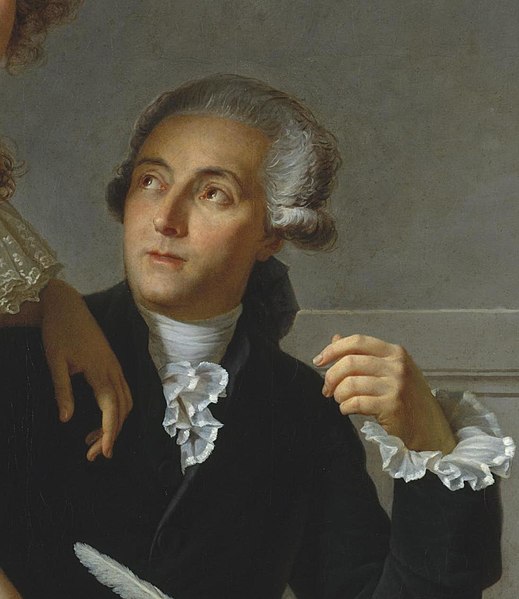
Antoine Lavoisier is often referred to as the “Father of Modern Chemistry” for his pioneering work in the field of chemistry during the late 18th century.
He is best known for his discovery of the law of conservation of mass, which states that in a chemical reaction, the total mass of the reactants is equal to the total mass of the products. This fundamental principle laid the foundation for modern chemistry.
Lavoisier also developed the modern chemical nomenclature and helped establish the concept of chemical elements as fundamental substances that cannot be created or destroyed during chemical reactions.
His work on combustion and the identification of oxygen as an essential component in combustion processes was groundbreaking and led to a better understanding of chemical reactions.
Unfortunately, Lavoisier’s life was cut short during the French Revolution, and he was executed by guillotine in 1794, but his contributions to science continue to be celebrated.
5. Henri Poincaré (1854-1912)
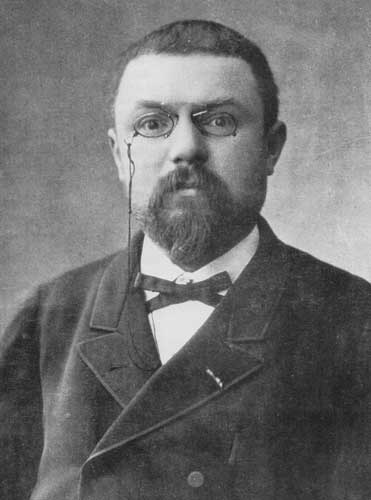
Henri Poincaré was a brilliant mathematician, theoretical physicist, and philosopher who made significant contributions to several areas of science.
In mathematics, he worked on a wide range of topics, including number theory, topology, and algebraic geometry. He introduced the concept of homology and contributed to the development of non-Euclidean geometry.
Poincaré also made significant contributions to celestial mechanics, where he studied the stability of the solar system and formulated the Poincaré recurrence theorem.
His work in theoretical physics included contributions to the theory of electromagnetism and the development of the special theory of relativity. He independently discovered some of the principles of relativity around the same time as Albert Einstein.
Poincaré’s work on the three-body problem in celestial mechanics and his profound influence on various fields of mathematics and science have earned him a lasting legacy.
6. Évariste Galois (1811-1832)
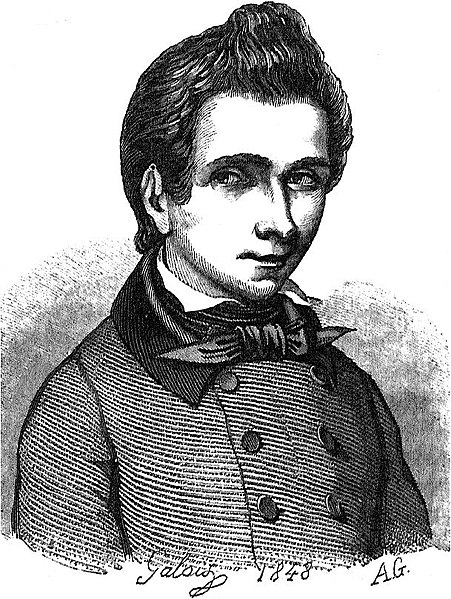
Évariste Galois was a mathematician who made groundbreaking contributions to the field of abstract algebra, specifically in the development of group theory.
His most famous work, known as Galois theory, revolutionized algebra by providing a profound connection between field theory and group theory.
Galois’ work focused on solving equations algebraically, and he developed the concept of a Galois group to describe the symmetries and solvability of polynomial equations.
Although he died tragically at a young age in a duel at the age of 20, his writings were instrumental in advancing abstract algebra and laid the foundation for the understanding of the insolvability of certain polynomial equations by radicals.
Galois theory has had a profound impact on modern algebra and is a fundamental part of the mathematical framework used in various fields of mathematics and its applications.
7. Pierre-Simon Laplace (1749-1827)

Pierre-Simon Laplace was a prominent mathematician, physicist, and astronomer known for his contributions to a wide range of scientific disciplines.
In mathematics, he made significant advancements in calculus and probability theory. He is particularly known for his work on the Laplace transform, which has applications in various areas of science and engineering.
Laplace also played a crucial role in celestial mechanics. His work on the stability of the solar system and the development of mathematical techniques to predict the movements of celestial bodies were groundbreaking.
He formulated Laplace’s equation in electromagnetism, which is fundamental in the study of electric and magnetic fields.
Laplace’s work was instrumental in advancing the understanding of deterministic systems, and his contributions to probability theory laid the foundation for statistical inference.
8. André-Marie Ampère (1775-1836)
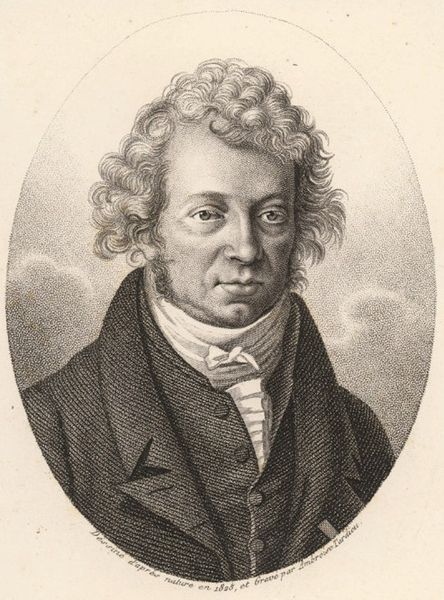
André-Marie Ampère was a physicist and mathematician who made significant contributions to the field of electromagnetism.
He formulated Ampère’s circuital law, one of the fundamental equations in electromagnetism, which describes the relationship between electric current and the magnetic field it produces.
Ampère’s work on electromagnetism helped establish the basis for the modern understanding of electricity and magnetism and played a key role in the development of electromagnetic theory.
He also made contributions to the study of electrodynamics, magnetism, and the behavior of conductors and circuits.
The unit of electric current, the ampere (A), is named in his honor, recognizing his foundational work in the field of electromagnetism.
9. Augustin-Jean Fresnel (1788-1827)
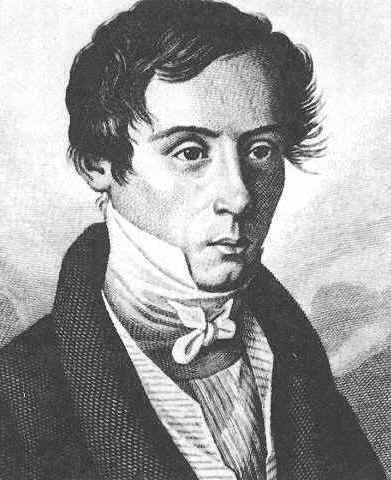
Augustin-Jean Fresnel was a physicist who made significant contributions to the understanding of wave optics and the behavior of light.
His work on diffraction and polarization of light helped establish the wave theory of light, which challenged the prevailing particle theory of light at the time.
Fresnel introduced the concept of the Fresnel lens, a type of lens used in lighthouses to focus and magnify light over long distances. His innovations greatly improved the efficiency of lighthouse optics.
He also developed the Fresnel equations, which describe how light is reflected and refracted at the interface between two media, and these equations are still widely used in optics today.
Fresnel’s contributions to optics and wave theory have had a profound impact on various scientific and engineering applications, including photography and telecommunications.
10. Jean-Baptiste Lamarck (1744-1829)
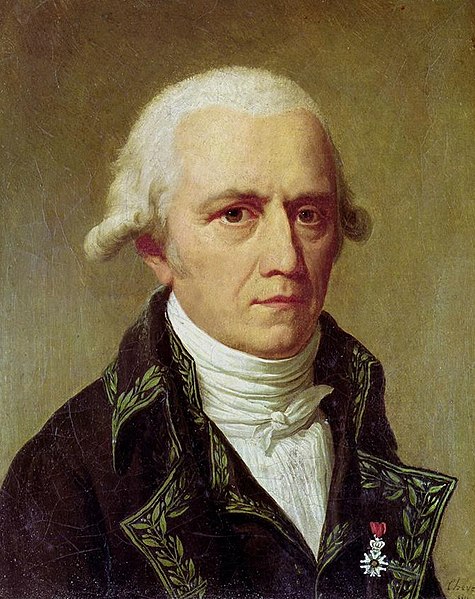
Jean-Baptiste Lamarck was a naturalist and biologist known for his early contributions to the theory of evolution.
Although his ideas on the inheritance of acquired characteristics have been largely discredited, Lamarck’s work laid the groundwork for the discussion of evolution.
He proposed that species change over time through a process of adaptation to their environments and that acquired traits during an organism’s lifetime could be passed on to future generations.
Lamarck’s work on classification and the diversity of living organisms also contributed to the development of the field of biology.
While his specific theories have been supplanted by Charles Darwin’s theory of natural selection, Lamarck’s early ideas played a role in shaping the study of evolution and the development of modern biology.
